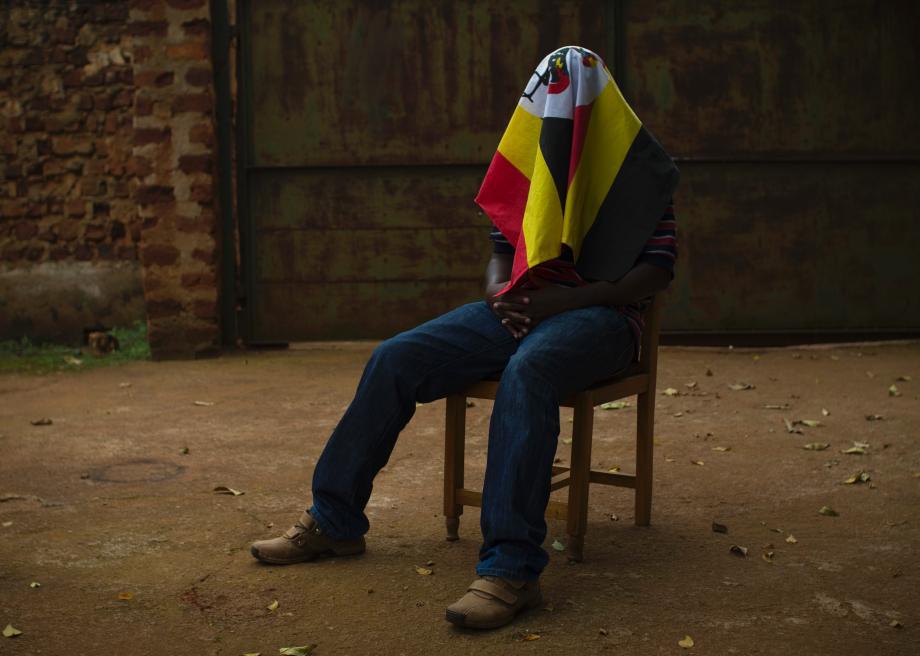In February 2014, after five years of discussion and debate, Ugandan President Yoweri Museveni signed the Anti-Homosexuality Act into law. As Slate’s Mark Joseph Stern explained at the time, under the legislation, “gay people faced life imprisonment for having gay sex and seven years in prison for ‘attempting to commit homosexuality’ or ‘promoting’ homosexuality.”
Outside Uganda, pundits explained the bill as an expression of homophobic bigotry, with some observers suggesting that it was largely political theater. Like many human-rights leaders inside Uganda, these critics saw it as part of a long-term effort to distract the population from the corruption and ineffectiveness of the administration.
Whatever drove its passage, this first version of the bill was short-lived. On Aug. 1, just days before Museveni was due to attend President Barack Obama’s U.S.-Africa Leaders Summit, Uganda’s Constitutional Court struck down the law on a procedural technicality, declaring that it had passed through parliament without a quorum being present. Since then, supporters have promised to re-introduce the bill. For now, though, Uganda’s queer population is back to living under the less draconian anti-gay statutes written in Uganda’s colonial era. Some brave souls even staged a gay pride event in Entebbe shortly after the Constitutional Court’s decision was announced.
On a trip to Uganda this spring, I decided to photograph queer Ugandans to piece together a portrait of their day-to-day lives in the shadow of the Anti-Homosexuality Act. What I learned from them surprised me, even though I had been following the news coming out of Uganda for several years.
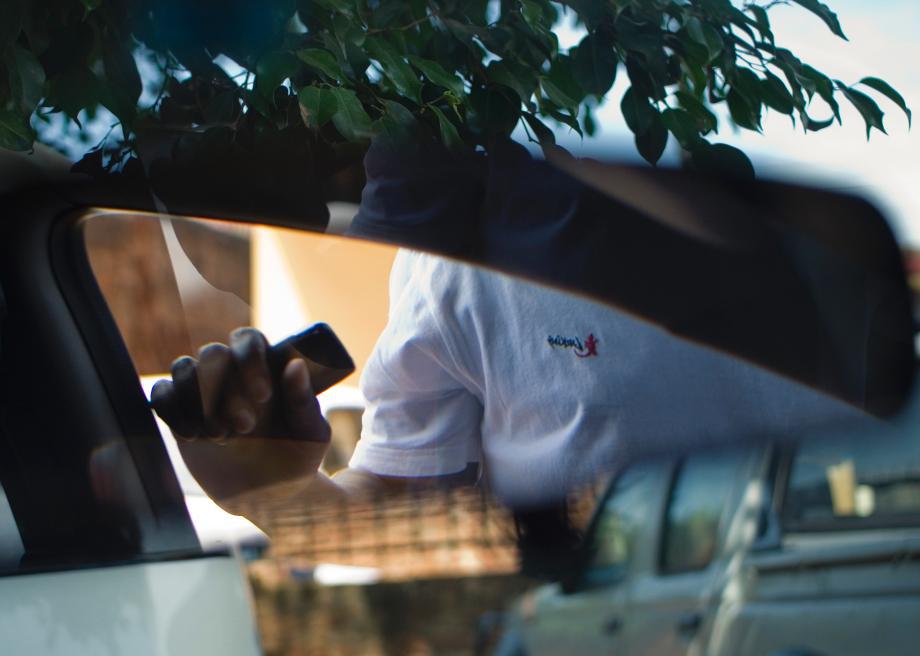
Photo by Thomas Mainz
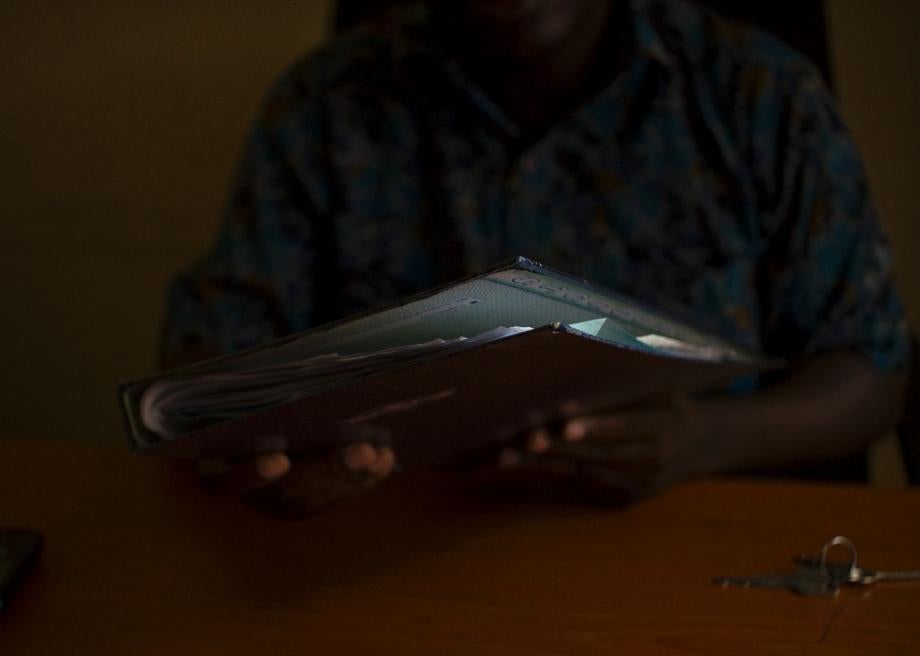
Photo by Thomas Mainz
The first thing to know is that most queer Ugandans were not being hunted down and beaten in the streets. Despite the climate of fear, and the legitimate need for some to seek refuge in safe houses or outside the country, most were, and still are, getting by.
For people in the middle and upper classes, this is relatively easy: Their private lives can take place behind closed doors or behind the walls and barbed wire that surround their homes. Queer people living in poorer communities typically have much less privacy. This can lead to their being turned in by neighbors, co-workers, or even family members. In the end, the anti-homosexuality law simply made it easier for queer people to be blackmailed, giving companies, courts, and communities a free pass to discriminate against them. With or without the law, queers in Uganda are still under fire.
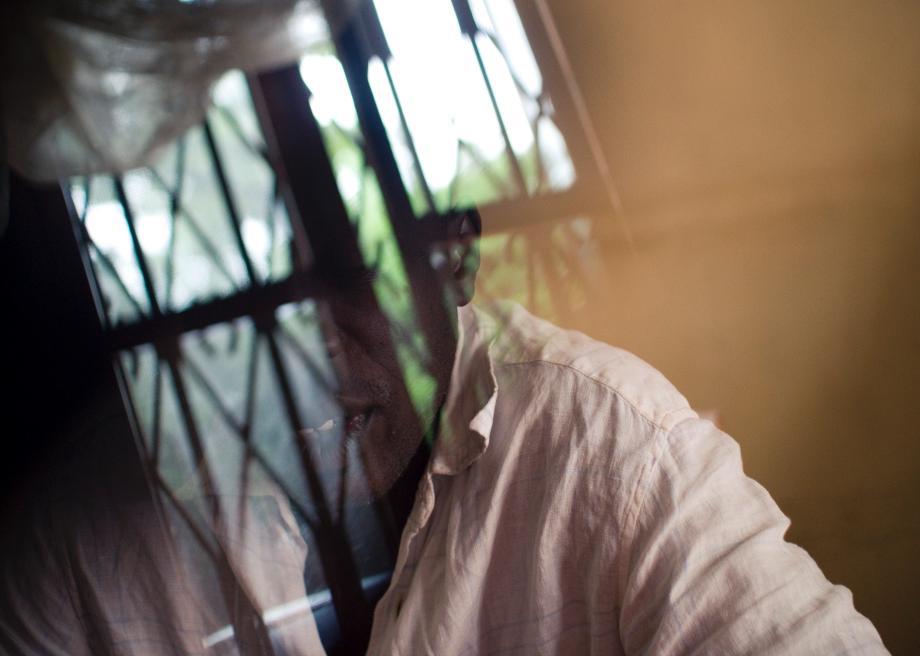
Photo by Thomas Mainz
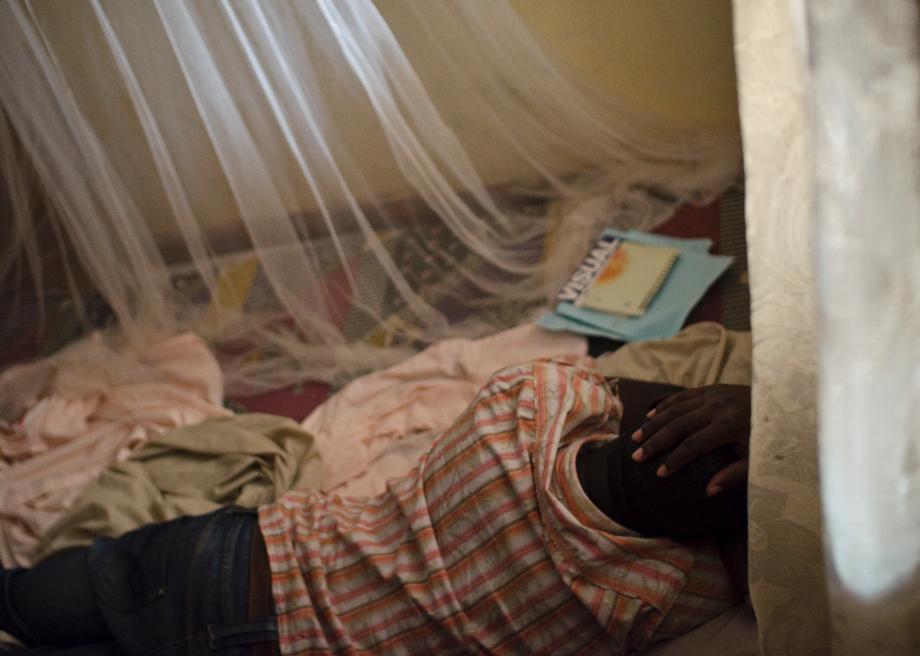
Photo by Thomas Mainz
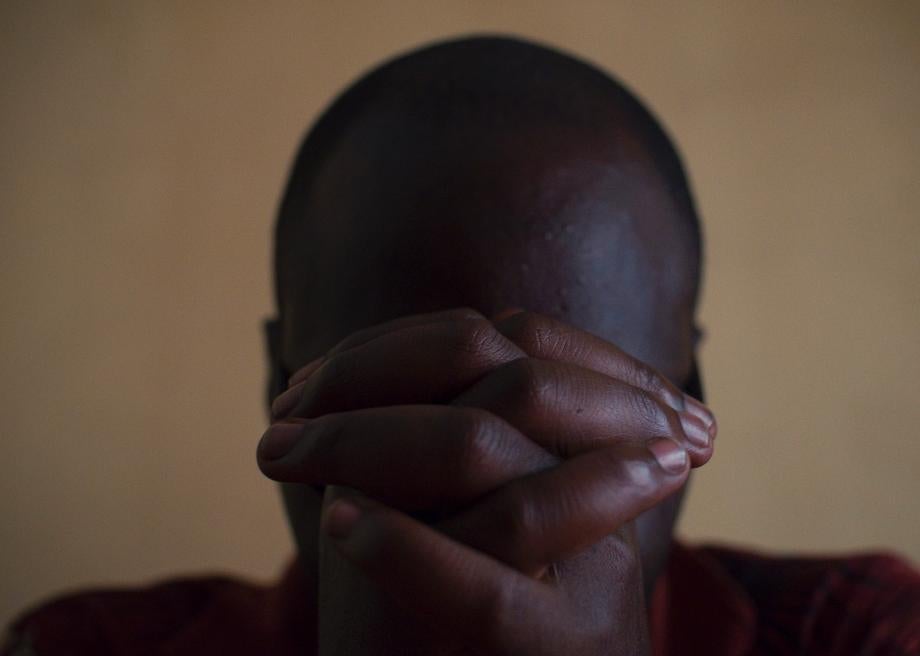
Photo by Thomas Mainz
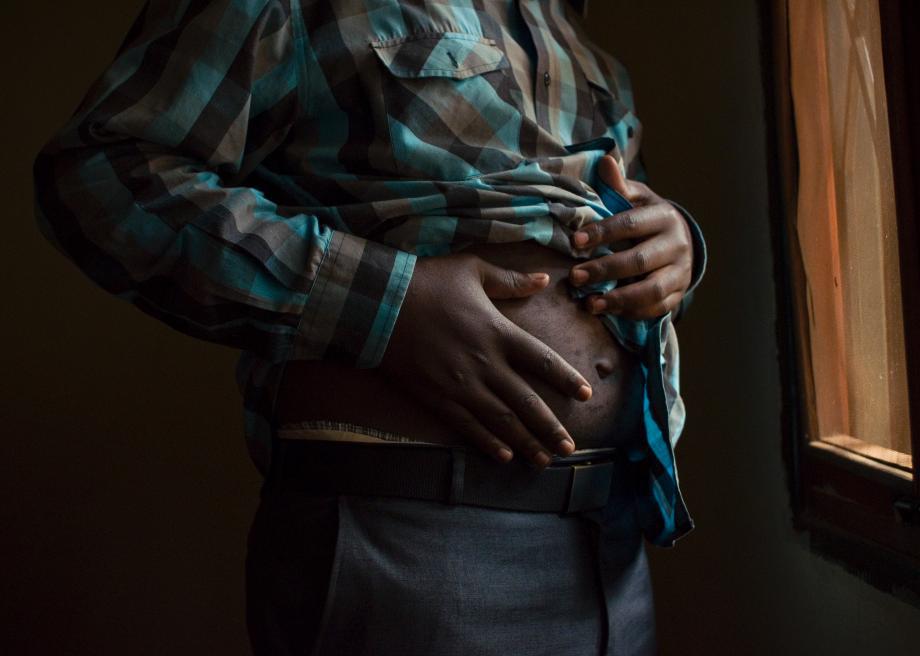
Photo by Thomas Mainz
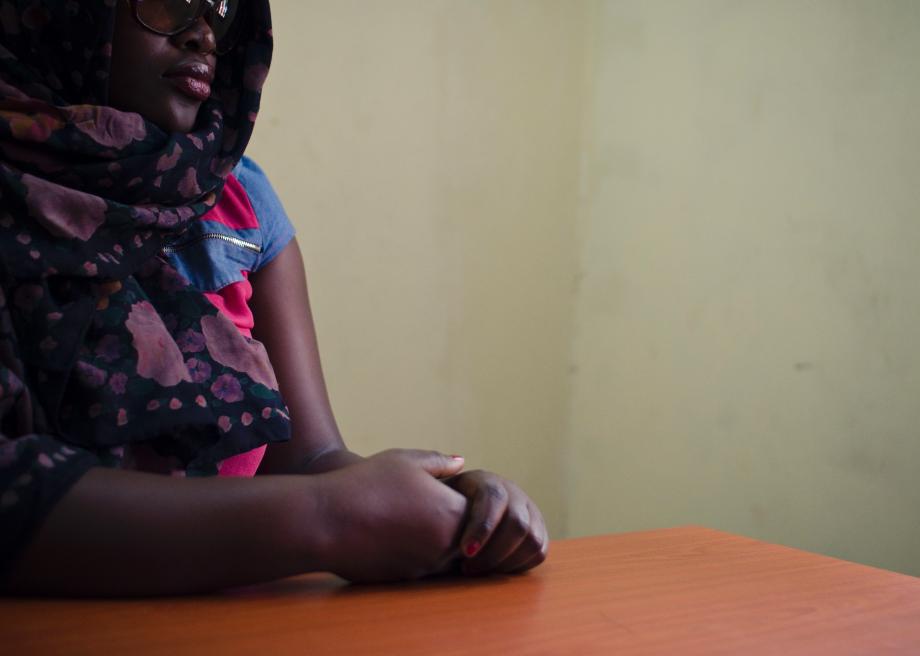
Photo by Thomas Mainz
Life is difficult for gay Ugandans despite the generally open mentality of the Ugandan people.
Most of the images from Uganda’s debate about homosexuality that make it to the West are of angry protesters waving homophobic signs. Walking the streets of Kampala, it was obvious that everyday Ugandans are not hate-mongers. In quiet conversations, average Ugandans told me they supported the bill because of things they had heard from religious leaders. When asked, most said they had never been around an openly gay person.
In recent years, Uganda was been flooded with a vibrant energy. It is a place in which change and growth are visible almost everywhere. Some say this rapid globalization might have contributed to the energy behind the law.
Ugandans tend to identify strongly with their clans, their religious beliefs, and their national identity, even as it’s beginning to shift. Politically speaking, the country is heavily dependent on foreign aid to deliver essential services—not a point of pride for anyone there. Culturally, the population is soaking up music, films, television, and religious practices from around the world.
Queerness—a taboo topic for centuries—now seems to many Ugandans to be yet another recent foreign import. However, unlike smartphones and Filipino soap operas, it is one that few people want.
For several reasons, many Ugandans associate homosexuality primarily with the sexual abuse of children. For some people, this is the only kind of same-gender sexual contact they have heard about or experienced. Precise numbers are impossible to find, but local NGOs told me that as more than a quarter of the youth have been sexually abused, and same-sex abuse is a part of that statistic. Whatever the actual numbers, the awkward, often hushed, conversation around this topic only strengthens the perception that queerness is deviant.
In the imagination of many Ugandans, homosexuals are outside predators, swooping in with gifts and money to recruit their children into a strange, chosen lifestyle that goes against their beliefs. That their child was born queer seems unimaginable to most people there, as it is in many other corners of the world.
Negative messages about homosexuality are only strengthened by religious leaders, politicians, and journalists, many of whom presented the Anti-Homosexuality Act as a stand against what they see as “moral decadence.”
What frustrates queer people in Uganda is that with very rare exceptions—such as last December’s TV debate between human-rights activist Pepe Julian Onziema and Pastor Martin Ssempa, one of the bill’s most outspoken supporters—they have no access to the national stage. Meanwhile, their opponents, especially religious leaders, are omnipresent. In recent years, Uganda has experienced an evangelical revival. Switch on a television, and you will see an international cast of evangelical pastors preaching over the airwaves. Their pictures hang on billboards and posters around the country, and these superstars sell out stadium events where the cheapest ticket can cost as much as the average monthly salary. It is hard for human-rights activists to win over the public in this climate.
By threatening gays and their allies with fines and imprisonment, the law attempted to punish non-heterosexual expression out of existence. That is impossible, but the law pushed the queer population further to the margins.
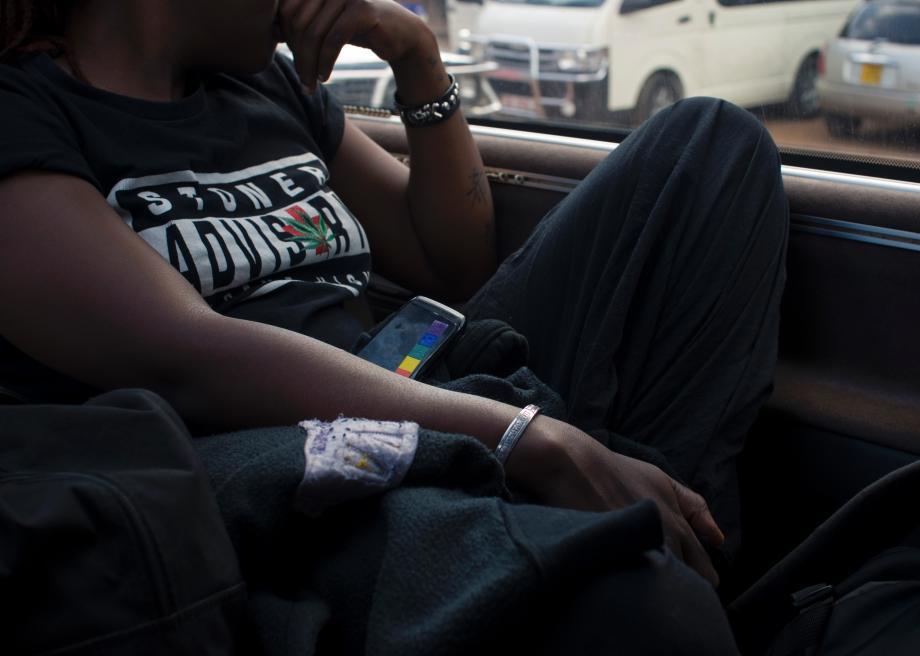
Photo by Thomas Mainz
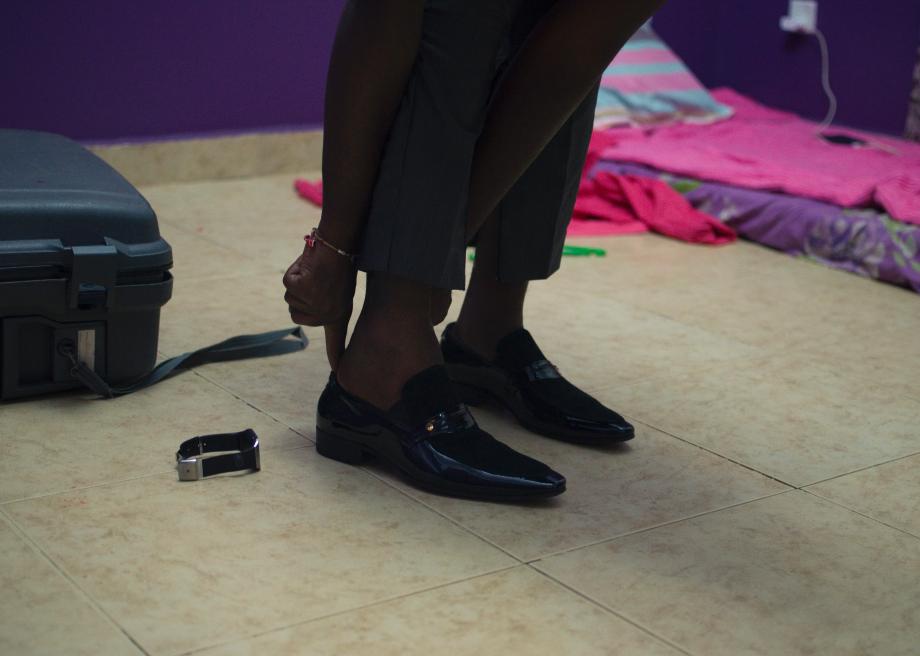
Photo by Thomas Mainz
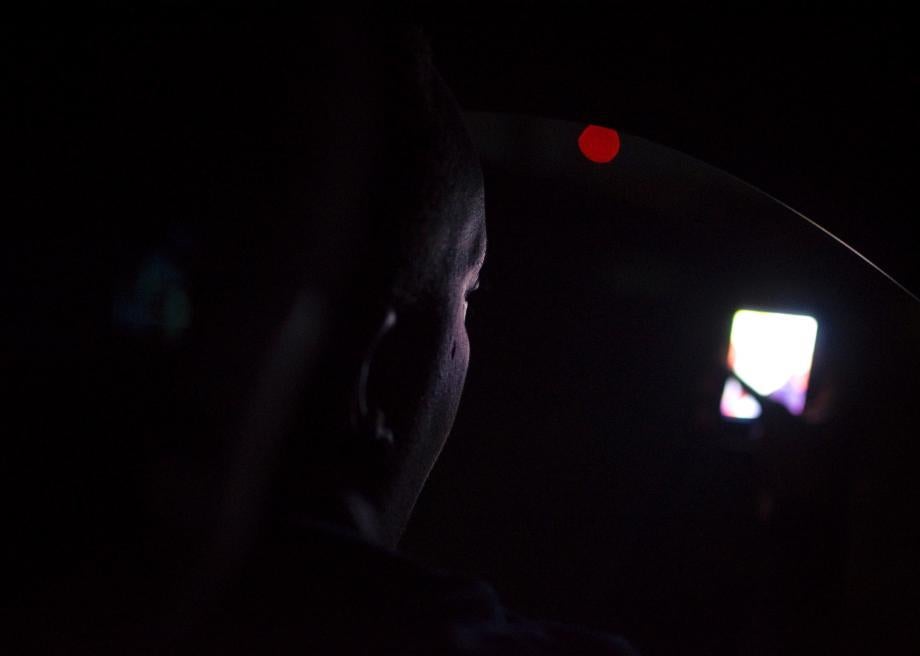
Photo by Thomas Mainz
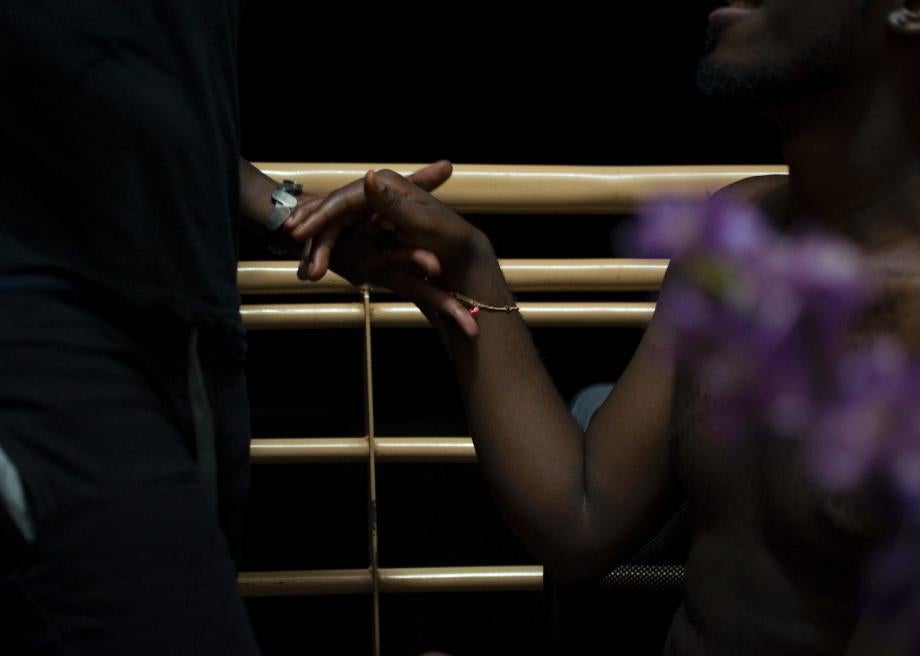
Photo by Thomas Mainz
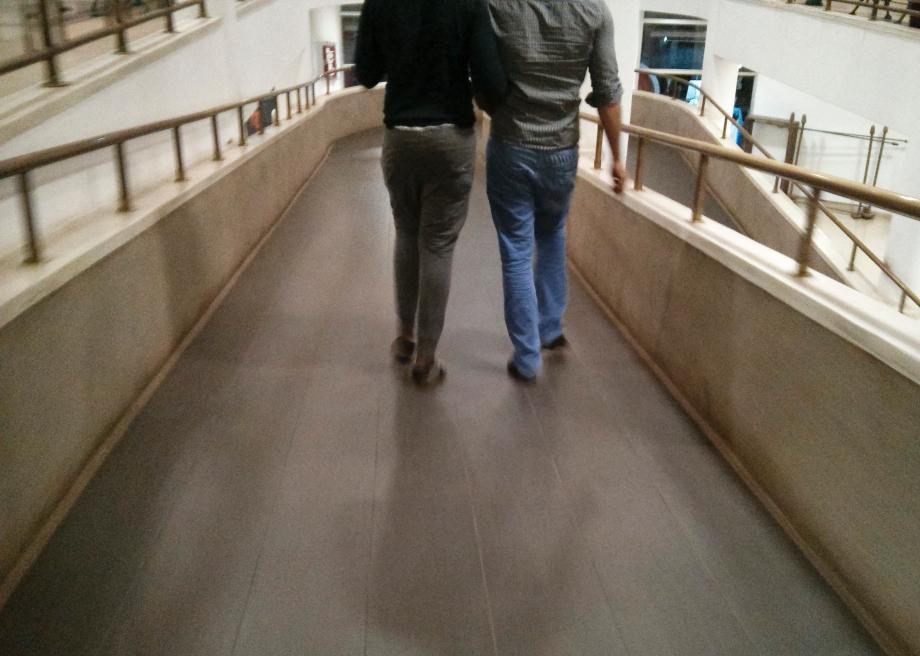
Photo by Thomas Mainz
As is often the case, the people who fare worst in this environment are LGBTQ youth and impoverished queers who lack the money or connections needed to get themselves out of trouble. One nasty rumor can get a queer 16-year-old kicked out of his home and perhaps expelled from school, destroying his future. Mere gossip can cost a gay man his home or a lesbian her job. And despite the health minister’s assurances that LGBTQ Ugandans would have full access to medical treatment, many people told me they were nervous about seeking help. Health advocates say this fear could lead to higher HIV infection rates.
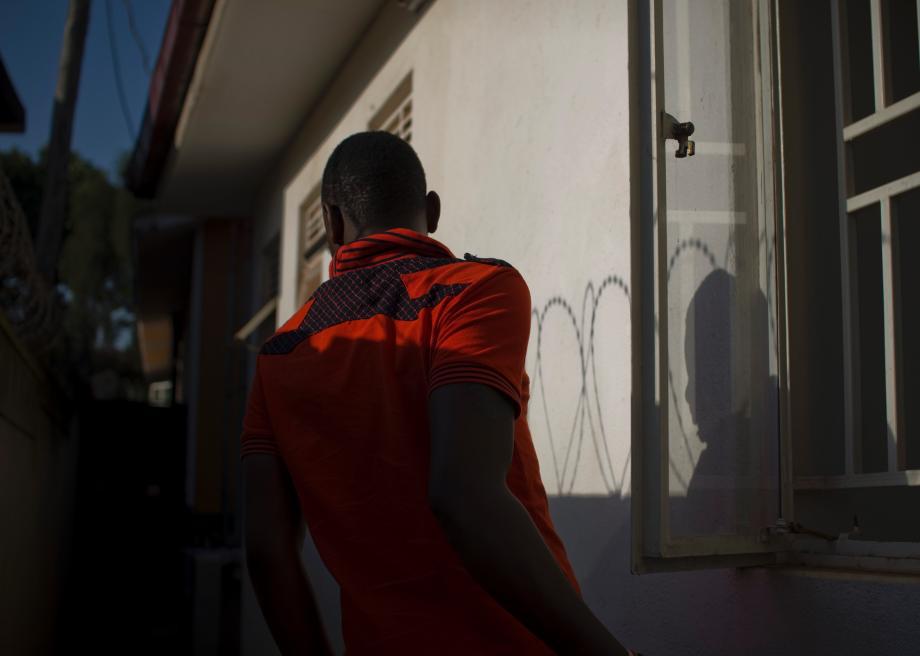
Photo by Thomas Mainz
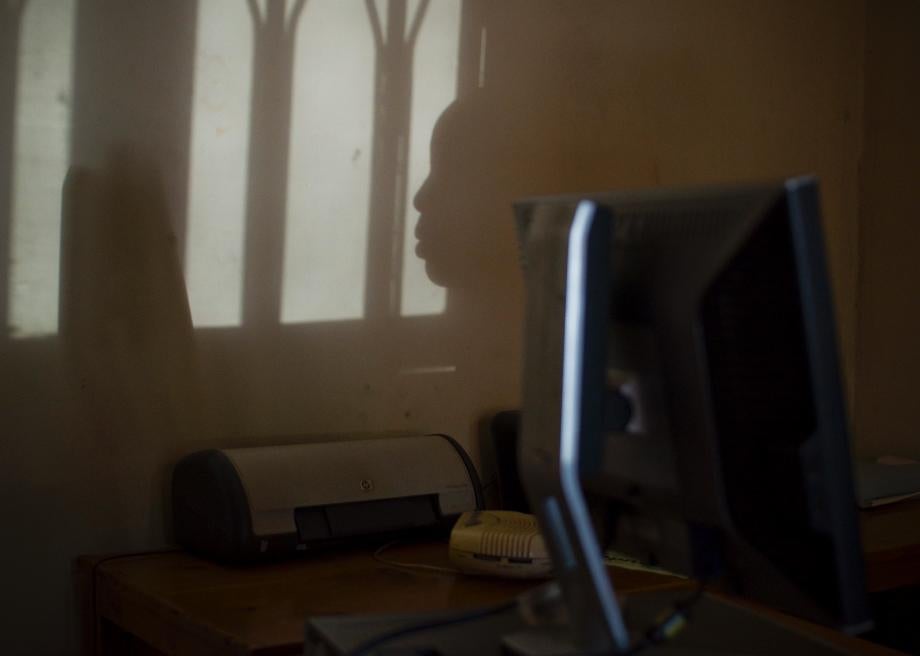
Photo by Thomas Mainz
Near the end of my time in Kampala, I returned to the offices of a local human-rights organization. Offices like this are the human-rights equivalent of first aid posts. Sitting across from me in a dimly lit, whitewashed room was Simon, the activist who spends his days helping queer kids who have been kicked out of school enroll at new ones. He also maintains a safe house for queer people fleeing their families or on the run from the authorities.
Simon was stressed. Rent was due, he didn’t have the money to pay the school fees of all the kids he was helping, and he had three people living under his protection who desperately wanted out of Uganda. With or without the Anti-Homosexuality Act, he said, many of Uganda’s gays live in fear.
“Being gay is something someone feels in their heart,” he said. “But you cannot hide forever. Eventually your heart will betray you.”
